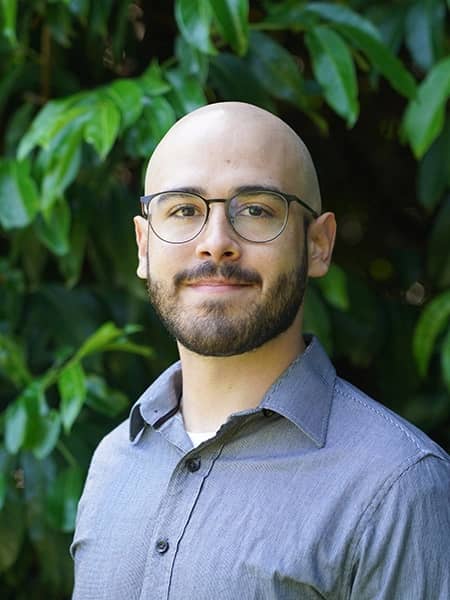订阅 wiki
Share wiki
Bookmark
Gabriel Ilharco
0%
Gabriel Ilharco
Gabriel Ilharco 是一位人工智能研究员,在软件工程和应用机器学习方面拥有经验。他曾在 Google 和 xAI 等组织工作过,目前是 Meta 超级智能团队 的成员。 [2]
教育背景
Ilharco 毕业于巴西航空技术学院 (ITA),于 2017 年获得计算机工程理学学士学位,随后于 2018 年在同一所院校获得电子与计算机工程理学硕士学位。在此期间,他的研究主要集中在人工智能领域。后来,他前往美国华盛顿大学攻读博士学位,并于 2024 年获得计算机科学与工程博士学位。 [2] [4]
职业生涯
Ilharco 在完成学业的同时,开始了在主要科技公司的一系列实习,从而开启了他的职业生涯。他的第一个职位是 2017 年初在微软担任软件工程实习生,为超大规模计算计划做出了贡献。同年晚些时候,他在 Google 实习。2018 年,Ilharco 回到微软再次实习,这一次专注于提高 Azure 计算服务的效率。之后,他在 Google 再次担任软件工程实习生,之后被 Google 的 AI 驻留计划录取,并于 2018 年至 2019 年在该计划中工作。
在华盛顿大学攻读博士学位期间,Ilharco 继续与业界保持联系,在 2020 年和 2021 年的夏季在 Google 担任研究实习生。2024 年获得博士学位后,他加入了 xAI 的技术团队,这是一家专门从事人工智能的公司。在那里工作到 2025 年后,他转到 Meta 超级智能团队 担任人工智能研究科学家。 [2] [5]
演讲
人工智能
在 2018 年的 TEDx 演讲中,Ilharco 讨论了人工智能的重大影响,将其定义为第四次工业革命。他强调了人工智能已经融入日常生活,并举例说明了它在喜剧和医疗保健中的应用,例如通过图像分析辅助诊断乳腺癌。Ilharco 强调了自 1940 年代以来的快速技术进步,并指出人工智能的增长反映了历史上的技术变革。他指出,社会在充分理解这些变革的深刻影响方面面临着挑战,这些变革正以越来越快的速度发生,从根本上改变着世界各地的工作和能源生产。 [1]
发现错误了吗?
